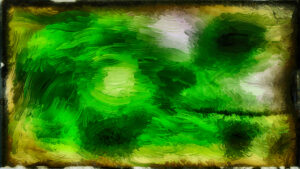TRANSLATED FROM THE ITALIAN BY SILVESTER MAZZARELLA
First Prologue
Five young people are walking along a pavement in the suburbs.
Two o’clock in the morning. A black leather jacket; a beige corduroy trench coat; a grey overcoat too short for the boy wearing it; a parka; a dark knitted sweater. The boy in the overcoat has a bag on his shoulder. The bag is magenta in colour, halfway between red and blue; there are two white numbers stamped on it. Walking beside him is the only girl. She is wearing the sweater and is more relaxed than the others.
They turn into a narrow, badly lit street. The windows of the surrounding houses and apartment blocks show no lights, the shutters of the shops are closed, and nothing can be heard but a tram passing down Corso Giulio.
“Perhaps we should think again about this”, the boy in the overcoat says. The girl takes his hand. No-one slows down or lifts their eyes from the pavement.
A shabby old two-storey building has three lattice windows overlooking the road, and an oval sign above its front door that is difficult to read. No lights or signs of movement from the inside.
“Give the bag to me,” says the boy in the leather jacket.
The boy in the overcoat holds the bag out to him, and it clasp opens with a snap.
“Edo and Luciano, you two watch the windows. Nini and I will throw them in. Stefano, go to the corner and keep an eye on the road.”
Stefano slings the now empty bag back on his shoulder. The girl and the others wait for him to move as instructed. He limps to the corner, then looks towards the far-off lights. After a few seconds comes a soft explosion followed by the sound of breaking windows, then a second even softer explosion.
The boy at the corner turns and the other four run toward him, while behind them yellow reflections begin to spread across the asphalt. He too begins to run. After a few metres the others catch him up. Their collective steps strike the road loudly.
Expectant, precise and unambiguous.
That is how young animals play, before they discover their claws were never meant for playing.
Also, read three Italian poems, written by Diego Valeri, translated into English by Laura Valeri, and published in The Antonym:
Follow The Antonym’s Facebook page and Instagram account for more content and exciting updates.




























0 Comments